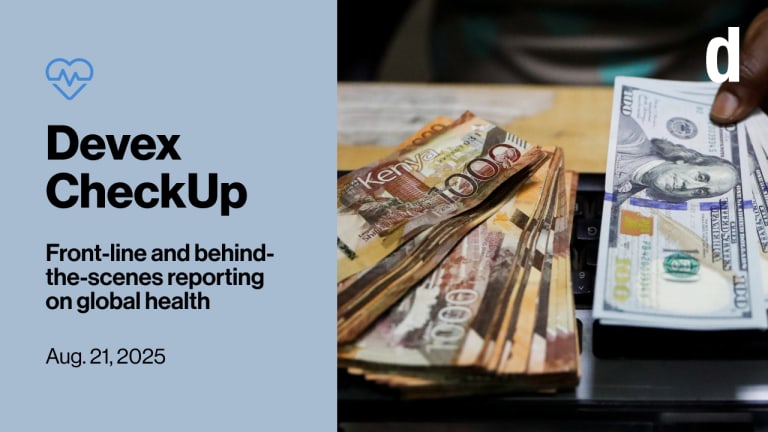The response to the mpox outbreak in Africa is a first in many ways — and represents a new method of confronting health emergencies for the continent.
It’s the first time the Africa Centres for Disease Control and Prevention declared a continental health emergency and created a continental incident management team. And it’s the first time Africa will have one collective plan and budget for a health response.
It’s “a testimony that Africa can lead a response and can be supported by partners,” Africa CDC’s Director-General Dr. Jean Kaseya said during a press briefing on Tuesday.
Printing articles to share with others is a breach of our terms and conditions and copyright policy. Please use the sharing options on the left side of the article. Devex Pro members may share up to 10 articles per month using the Pro share tool ( ).








